Black History Month
February is Black History month and we wanted to share some book suggestions with you, both fiction and non-fiction, to check out this month. For even more books, click here.
Non-Fiction
Brave. Black. First.
Published in partnership with curators from the Smithsonian National Museum of African American History and Culture, this illustrated biography compilation captures the iconic moments of fifty African American women whose heroism and bravery rewrote the American story for the better.
They were fearless. They were bold. They were game changers.
Starting in World War II and moving through to the Cold War, the civil rights movement, and the space race, [this book] follows the interwoven accounts of Dorothy Vaughan, Mary Jackson, Katherine Johnson, and Christine Darden, four African American women who participated in some of NASA's greatest successes. It chronicles their careers over nearly three decades they faced challenges, forged alliances, and used their intellect to change their own lives, and their country's future.
I Have A Dream
An illustrated edition of Martin Luther King's famous "I have a dream" speech.
The New Jim Crow
Seldom does a book have the impact of Michelle Alexander's The New Jim Crow. Since it was first published in 2010, it has been cited in judicial decisions and has been adopted in campus-wide and community-wide reads; it helped inspire the creation of the Marshall Project and the new 100 million-dollar Art for Justice Fund; it has been the winner of numerous prizes, including the prestigious NAACP Image Award; and it has spent nearly 250 weeks on the New York Times bestseller list. Most important of all, it has spawned a whole generation of criminal justice reform activists and organizations motivated by Michelle Alexander's unforgettable argument that "we have not ended racial caste in America; we have merely redesigned it.
We Are Not Yet EqualThis young adult adaptation brings her ideas to a new audience. When America achieves milestones of progress toward full and equal black participation in democracy, the systemic response is a consistent racist backlash that rolls back those wins. We Are Not Yet Equal examines five of these moments: The end of the Civil War and Reconstruction was greeted with Jim Crow laws; the promise of new opportunities in the North during the Great Migration was limited when blacks were physically blocked from moving away from the South; the Supreme Court's landmark 1954 Brown v. Board of Education decision was met with the shutting down of public schools throughout the South; the Civil Rights Act of 1964 and Voting Rights Act of 1965 led to laws that disenfranchised millions of African American voters and a War on Drugs that disproportionately targeted blacks; and the election of President Obama led to an outburst of violence including the death of black teen Michael Brown in Ferguson, Missouri as well as the election of Donald Trump. This YA adaptation will be written in an approachable narrative style that provides teen readers with additional context to these historic moments, photographs and archival images, and additional resources for teens.
In 1946, a Black Halifax businesswoman, Viola Desmond, was wrongfully arrested for sitting in a white's-only section of a movie theatre in New Glasgow, Nova Scotia. In 2010, sixty-four years later, the Nova Scotia government recognized this gross miscarriage of justice and posthumously granted her a free pardon. Most Canadians are aware of Rosa Parks, the American civil rights icon who refused to give up her seat on a racially segregated bus in Alabama, but Viola Desmond's similar act of courage in resisting the practice of racial segregation occurred nine years before this historic event. However, today, even after the Nova Scotia Government's unprecedented pardon of Desmond, many Canadians are still unaware of her story or that racial segregation existed throughout many parts of Canada during most of the twentieth century. On the subject of race, Canadians seem to exhibit a form of collective amnesia. Viola Desmond's Canada is groundbreaking book aimed at providing both general readers and students of Canadian history with a concise overview of the narrative of the Black experience in Canada. The book traces this narrative from slavery under French and British rule in the eighteenth century to the practice of racial segregation and the fight for racial equality in the twentieth century. Included are personal recollections by Wanda Robson, Viola Desmond's youngest sister, together with important but previously unpublished documents and other primary sources in the history of Blacks in Canada.
The Black History Book
Bringing together accounts of the most significant ideas and milestones in Black history and culture, this important and thought-provoking book offers a bold and accessible overview of the history of the African continent and its peoples.
The animating idea of The 1619 Project is that our national narrative is more accurately told if we begin not on July 4, 1776, but in late August of 1619, when a ship arrived in Jamestown bearing a cargo of twenty to thirty enslaved people from Africa. Their arrival inaugurated a barbaric and unprecedented system of chattel slavery that would last for the next 250 years. This is sometimes referred to as the country's original sin, but it is more than that: It is the country's very origin. The 1619 Project tells this new origin story, placing the consequences of slavery and the contributions of Black Americans at the center of the story we tell ourselves about who we are as a country. Orchestrated by the editors of The New York Times Magazine, led by MacArthur "genius" and Pulitzer Prize-winning journalist Nikole Hannah-Jones, this collection of essays and historical vignettes includes some of the most outstanding journalists, thinkers, and scholars of American history and culture--including Linda Villarosa, Jamelle Bouie, Jeneen Interlandi, Matthew Desmond, Wesley Morris, and Bryan Stevenson. Together, their work shows how the tendrils of 1619--of slavery and resistance to slavery--reach into every part of our contemporary culture, from voting, housing and healthcare, to the way we sing and dance, the way we tell stories, and the way we worship. Interstitial works of flash fiction and poetry bring the history to life through the imaginative interpretations of some of our greatest writers. The 1619 Project ultimately sends a very strong message: We must have a clear vision of this history if we are to understand our present dilemmas. Only by reckoning with this difficult history and trying as hard as we can to understand its powerful influence on our present, can we prepare ourselves for a more just future.
| This memoir traces Maya Angelou's childhood in a small, rural community during the 1930s. Filled with images and recollections that point to the dignity and courage of black men and women, Angelou paints a sometimes disquieting, but always affecting picture of the people—and the times—that touched her life. |
Stolen Justice
Following the Civil War, the Reconstruction era raised a new question to those in power in the US: Should African Americans, so many of them former slaves, be granted the right to vote? In a bitter partisan fight over the legislature and Constitution, the answer eventually became yes, though only after two constitutional amendments, two Reconstruction Acts, two Civil Rights Acts, three Enforcement Acts, the impeachment of a president, and an army of occupation. Yet, even that was not enough to ensure that African American voices would be heard, or their lives protected. White supremacists loudly and intentionally prevented black Americans from voting -- and they were willing to kill to do so. In this vivid portrait of the systematic suppression of the African American vote, critically acclaimed author Lawrence Goldstone traces the injustices of the post-Reconstruction era through the eyes of incredible individuals, both heroic and barbaric, and examines the legal cases that made the Supreme Court a partner of white supremacists in the rise of Jim Crow. Though this is a story of America's past, Goldstone brilliantly draws direct links to today's creeping threats to suffrage in this important and, alas, timely book.
Fiction by Black Authors
The Underground Railroad
Cora is a slave on a cotton plantation in Georgia. When Caesar, a recent arrival from Virginia, tells her about the Underground Railroad, they decide to take a terrifying risk and escape. Though they manage to find a station and head north, they are being hunted. Their first stop is South Carolina, in a city that initially seems like a haven. But the city's placid surface masks an insidious scheme designed for its black denizens. And even worse: Ridgeway, the relentless slave catcher, is close on their heels. Forced to flee again, Cora embarks on a harrowing flight, state by state, seeking true freedom.
The Vanishing Half
The Vignes twin sisters will always be identical. But after growing up together in a small, southern black community and running away at age sixteen, it's not just the shape of their daily lives that is different as adults, it's everything: their families, their communities, their racial identities. Ten years later, one sister lives with her black daughter in the same southern town she once tried to escape. The other secretly passes for white, and her white husband knows nothing of her past. Still, even separated by so many miles and just as many lies, the fates of the twins remain intertwined. What will happen to the next generation, when their own daughters' storylines intersect? Weaving together multiple strands and generations of this family, from the Deep South to California, from the 1950s to the 1990s, Brit Bennett produces a story that is at once a riveting, emotional family story and a brilliant exploration of the American history of passing. Looking well beyond issues of race, The Vanishing Half considers the lasting influence of the past as it shapes a person's decisions, desires, and expectations, and explores some of the multiple reasons and realms in which people sometimes feel pulled to live as something other than their origins.
Set in the author's girlhood hometown of Lorain, Ohio, it tells the story of black, 11-yr.-old Pecola Breedlove, who prays for her eyes to turn blue so that she will be as beautiful and beloved as all the blond, blue-eyed children in America. In 1941, the year the marigolds in the Breedlove's garden do not bloom, Pecola's life does change - in painful, devastating ways.
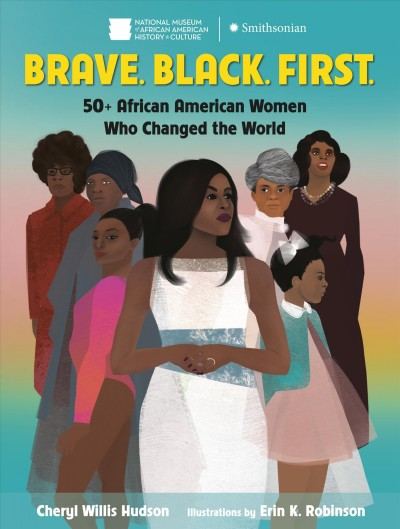




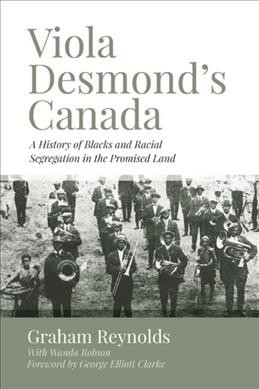


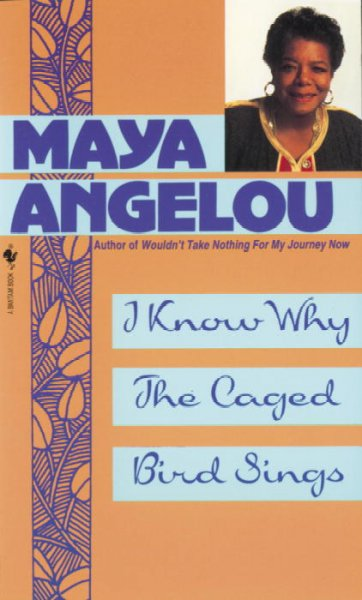
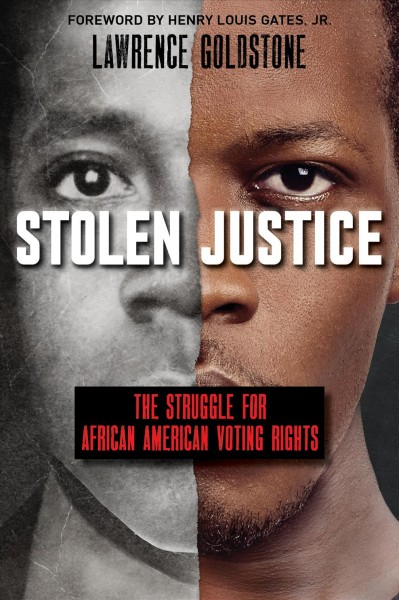


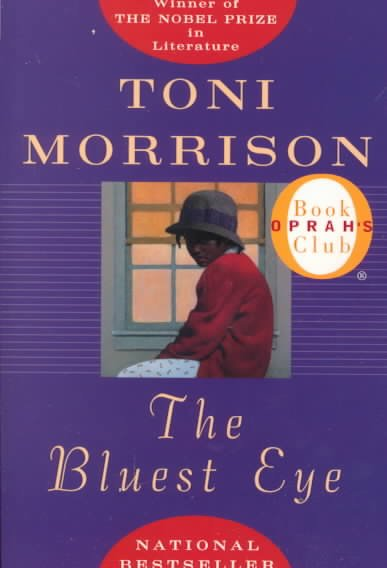
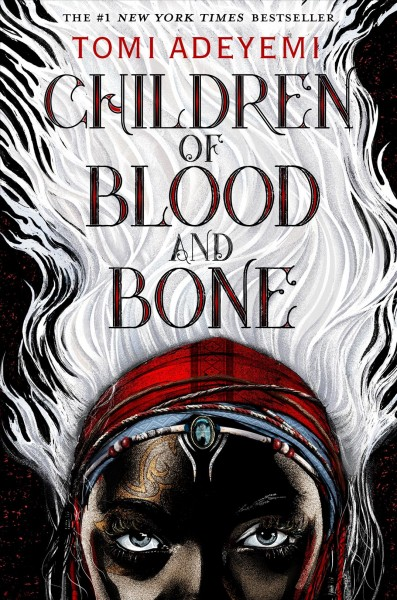
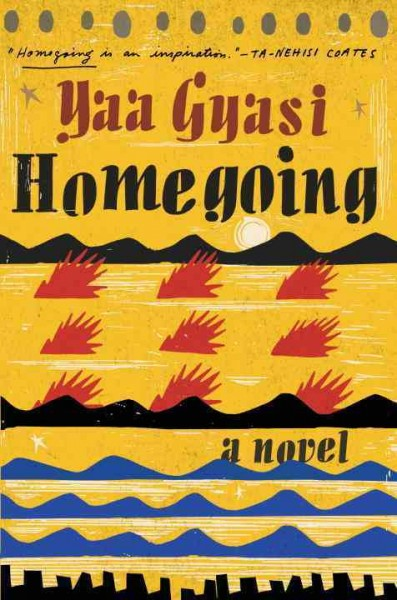




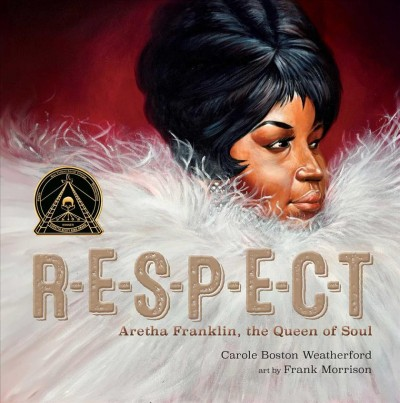
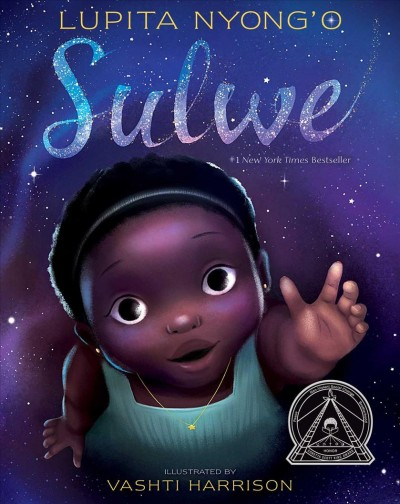


Comments
Post a Comment